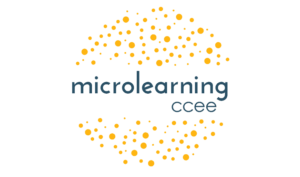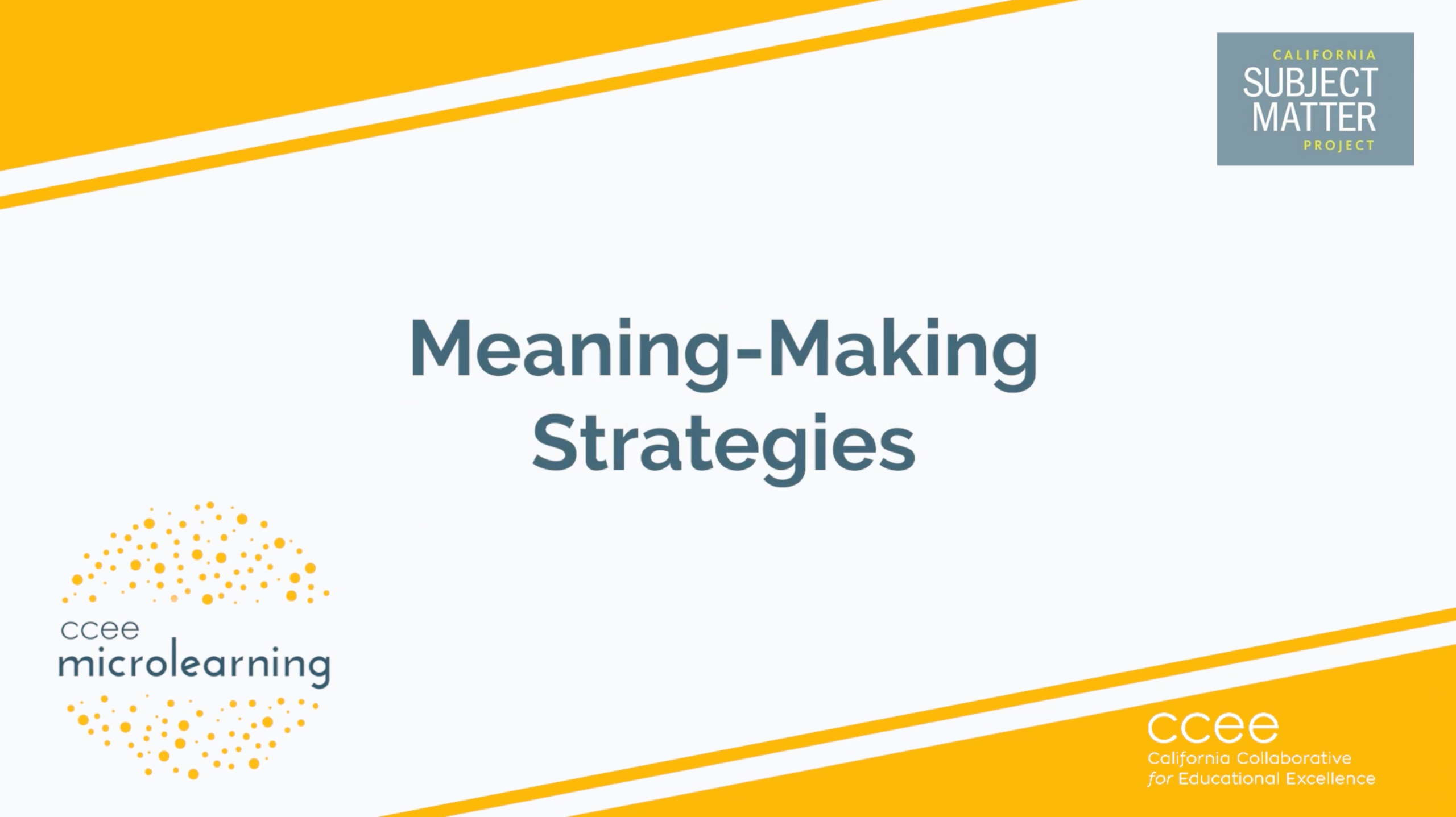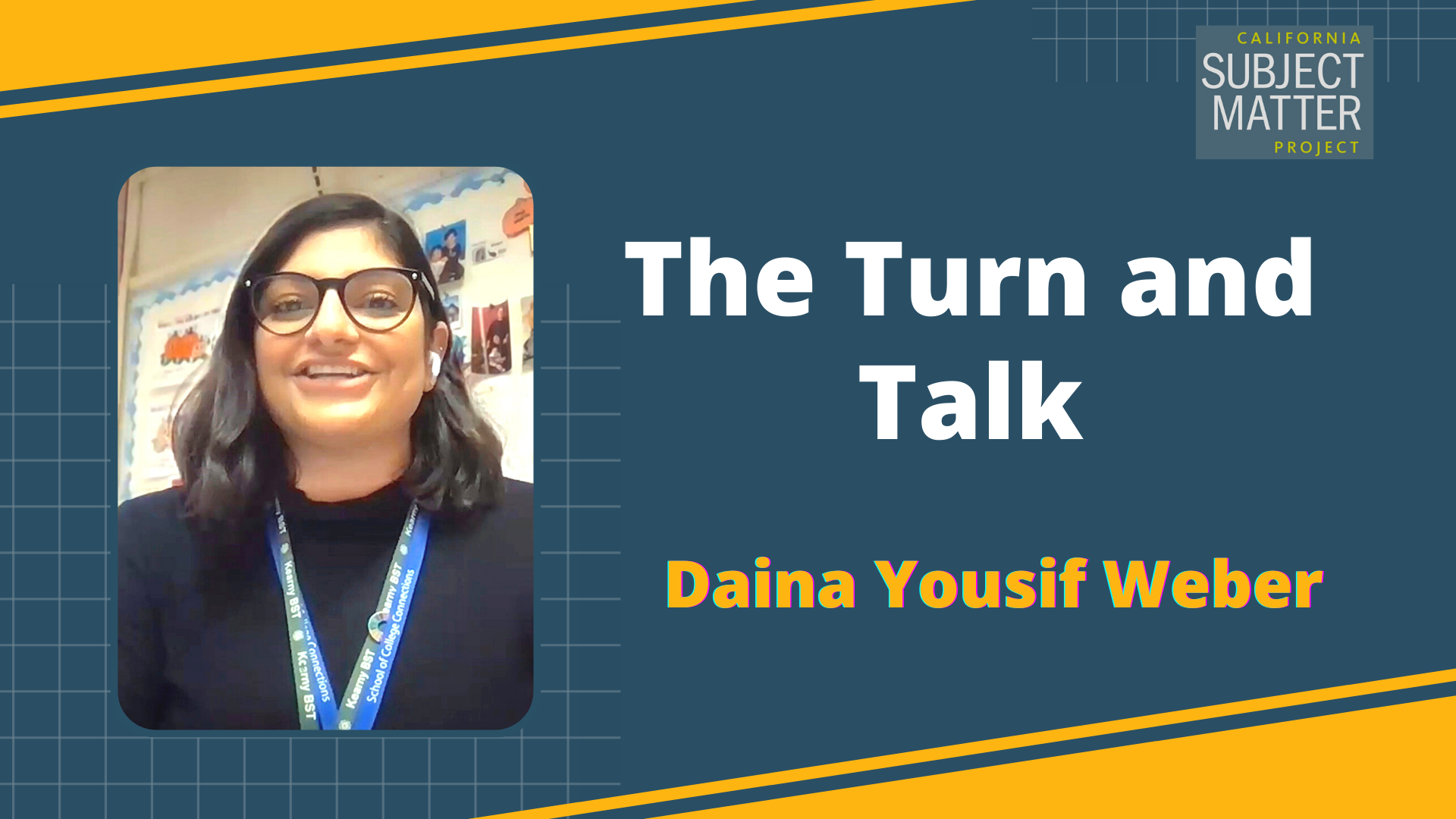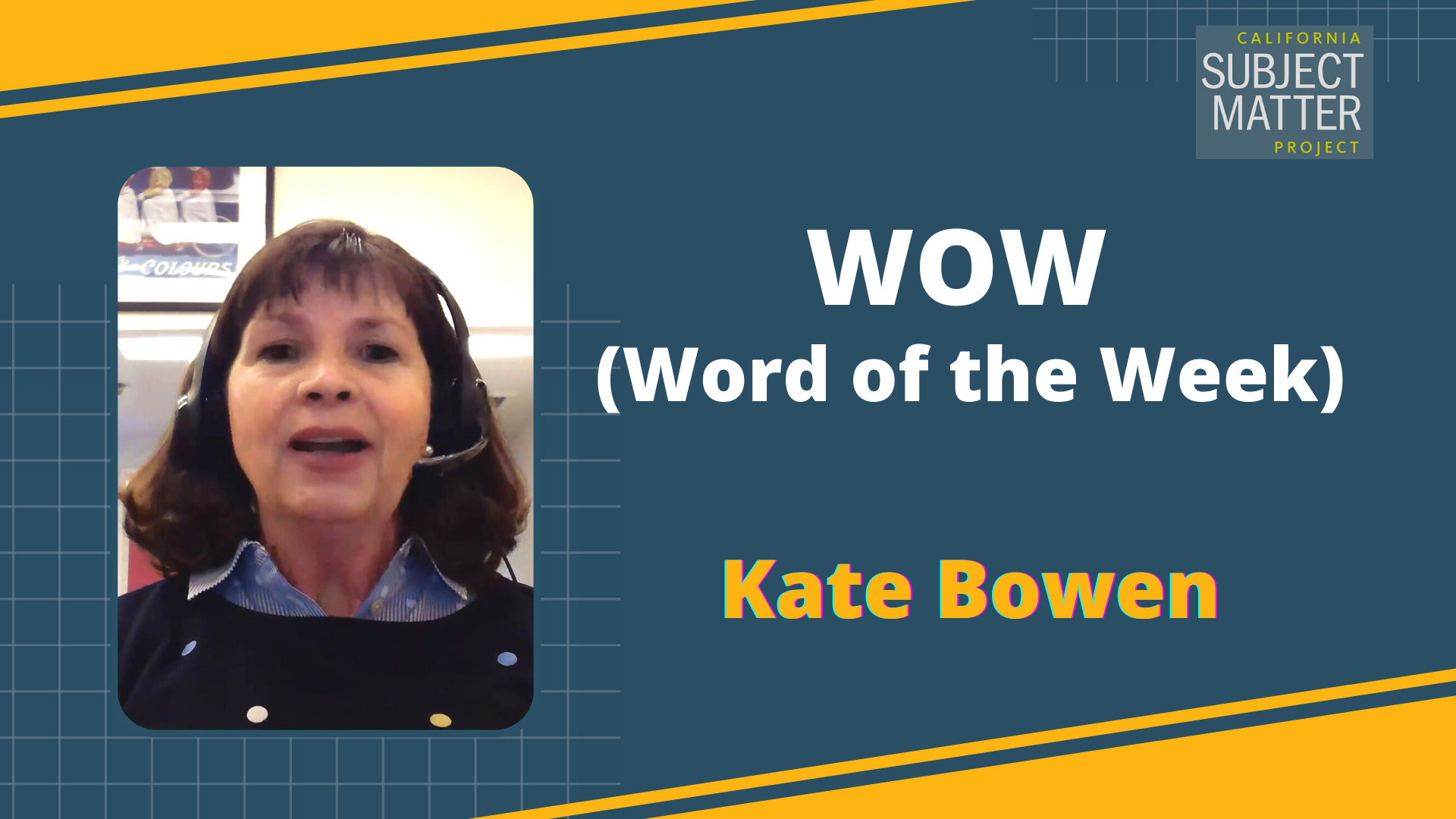Watch the Video
Presenter
Katie Martel is an Education Specialist and eighth-grade math teacher at Poway USD in California.
Transcript
Hi, I am Katie Martel. I am an Education Specialist and eighth grade math teacher at Meadowbrook Middle School. I’m here today to share with you, about a strategy you can use in your classroom for positive behavior management.
The Raffle Ticket Activity is a positive behavior support that can be put in place in one class period or one day, it can be used all school year if it’s your own classroom, and it is an activity that a teacher can implement, you can implement in your classroom to encourage students to be engaged in the lesson and also promote positive behaviors that we wanto to see, like raising their hand, communicating well with their group, and truly engaging in the lesson by acknowledging those positive behaviors that we want to see every day. It works very well in elementary and middle school for general education, special education, and English language learners.
So to implement this strategy, you need to have a role of raffle tickets — it doesn’t matter what color, if they’re double tickets or single tickets, just any raffle tickets. You want to get a whole bunch of them before class starts, pre-brake them up, that way you’re not walking around ripping them off as you go. It’s easier if you just kind of have a stack in your pocket or in your hand. As you are seeing students making positive choices in the classroom, you are able to reward them immediately and acknowledge what they are doing with specific language like, “I noticed that you are doing a great job participating with your group right now. You’re doing your facilitator role, you’re getting your conversations going.” or if you see that a student is really struggling with something and they ask a peer for help, or they ask you for help, right? “Thank you for noticing that you needed some support. I am happy to support you and I want to encourage you to continue to ask for support when you need it.”
After the students have their tickets, you want them to write their name on their ticket. If you’re in a middle school setting where there’s multiple classrooms, you want to also put the period number that way they don’t get mixed up. And at the end of class you collect all the tickets. It’s important that you got at the end of class that way students aren’t just constantly getting out of their seats and moving around, or at a natural breaking point in the lesson, if they’re getting materials, that would be another appropriate time, but you don’t want them to interrupt.
So have it a set time when you will collect all of the tickets, either in like a plastic bag or a plastic container with the top cut so it looks kinda like a piggy bank. And you just mix up the tickets at the end of class, and you can pull two tickets, you can pull three tickets, five tickets, that’s really up to you. I would always pull more than one, so not just one student is being rewarded, but three to five tickets is usually a good number. And as students’ tickets are pulled, they can come and they can get a prize from you.
So some helpful tips would be:
Make sure you are using specific language. Don’t say something like, “You are so smart,” right? We want to actually reward and acknowledge the specific behaviors that students are doing. So, “I noticed that you’re trying really hard and you’re persevering. You’re not giving up on this task. I noticed that you’re using kind, respectful language with your peers.” Encouraging those specific behaviors is really beneficial and you want to use that specific language as well so they know exactly why they are being rewarded.
Another helpful tip would be to have multiple prizes for students to choose from. Having some things that are snacks and some things that are not snacks is really helpful. For snacks, it is essential to be aware of allergies, things like that, avoid peanuts. It’s also important to be aware braces and things like that, right? We don’t want to just have popcorn and gummy bears that are going to get stuck in students’ braces because that would be uncomfortable for them and we don’t want to cause an issue where they break their braces on our prize that was well intended.
In conclusion, positive behavior supports encourage student engagement and are essential for creating a learning environment that is safe and positive for all students to learn.
There are many strategies, but using the Raffle Ticket Strategy is one that is quick, it is easy, and it has longevity. You can do it for one class period, one week, or you can do it for an entire school year, and it will encourage students to be engaged and it will encourage learning every day in a positive environment for students and for you.
Accompanying Materials & Resources
- Quick Guide: The Raffle Ticket Activity (PDF – 1 Page)
- The Raffle Ticket Activity – One-Pager (Google Doc)



